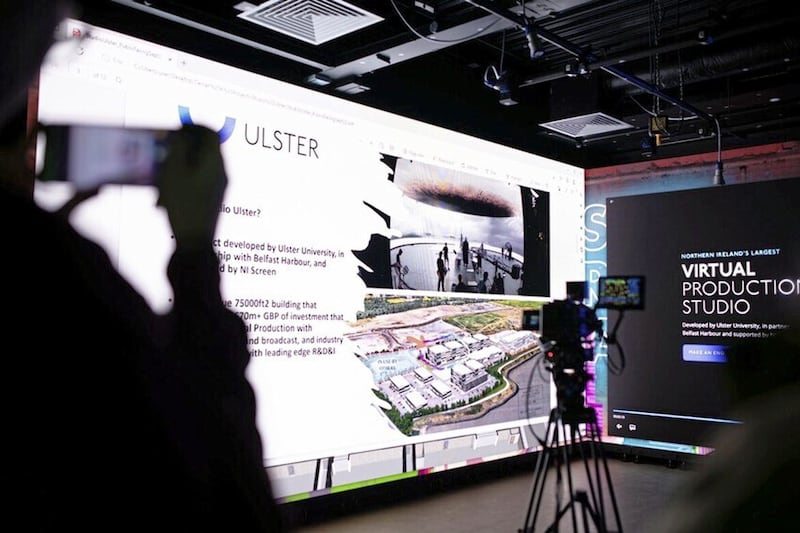AS economies, industries and organisations begin to bounce back from the Covid-19 pandemic, business activity and demand for goods and products has soared, placing our supply chains under immense pressure.
This strain is felt even more by the Northern Ireland transport and logistics sector, largely owing to the impact of new rules related to Brexit, the NI protocol, and the fact we are already operating on an island off an island.
Circumstances become even trickier when you factor in the rising costs that come with inflation - not only in terms of goods themselves but also labour and transportation.
It is true that the current situation is far from ideal, but technology may hold the answer to helping businesses remain competitive, deliver quality customer service, and find innovative ways to optimise their operations.
Managing transport and logistics can be a complex task, with various data streams to be monitored and analysed.
Through the integration of digitalisation, processes can be automated and data optimised, allowing companies to handle large volumes of goods efficiently and effectively and reducing the possibility for human error.
The rising adoption of automation within distribution centres also supports the idea that the influence of technology is growing within supply-chain operations.
Robotic solutions are being used to accelerate order fulfilment accurately and cost efficiently, complementing existing human workforces and filling the gap left by continuing labour shortages.
Perhaps one of the most innovative technologies being employed within the logistics sector is the digital twin, which provides a virtual replica of the physical supply chain.
Businesses can then use this replica to make decisions in real-time, improving flexibility and responding to issues as and when they occur.
At b4b Group, we have partnered with Fujitsu UK & Ireland to underpin its smart border solution Atamai Freight, which utilises a combination of smartlocks, GPS and blockchain to enable the seamless movement of goods between Great Britain and Northern Ireland.
As Atamai unifies the various elements of the supply chain on a single digital platform, providing real-time visibility of each journey and consignment, businesses can automatically complete complex customs procedures and provide customers with accurate arrival times for goods.
Harnessing the power of digital technology is essential to the continued success of our supply chain logistics, making them more resilient and boosting both customer satisfaction and sales.
The situation in Northern Ireland presents its own set of unique challenges, but provided businesses here embrace the opportunities that come with technological advancement, there is no reason as to why our region should not experience even greater trading success.
David Armstrong is chief executive of the b4b Group.







